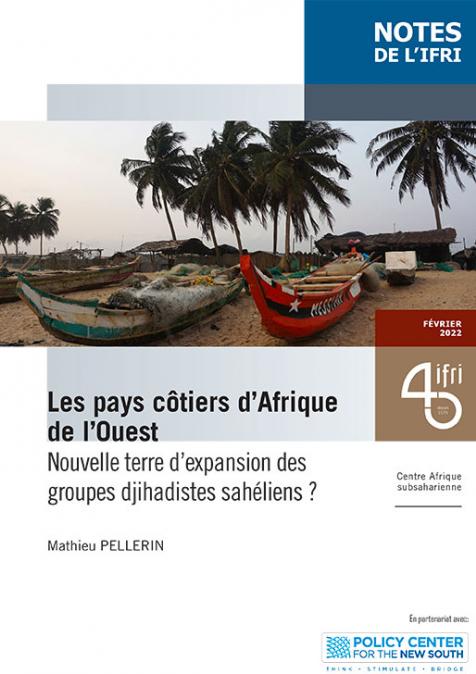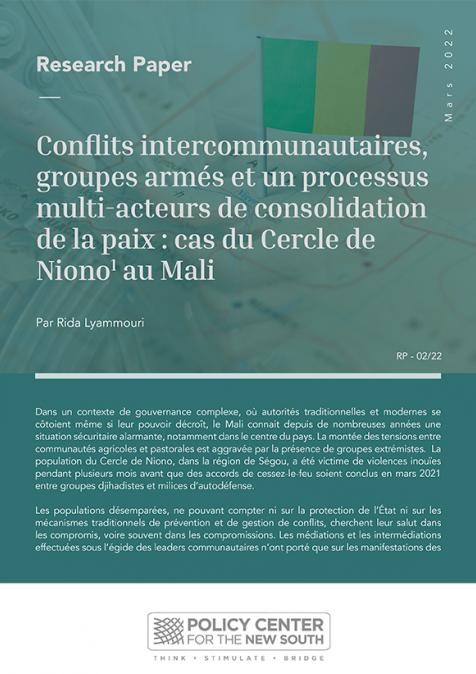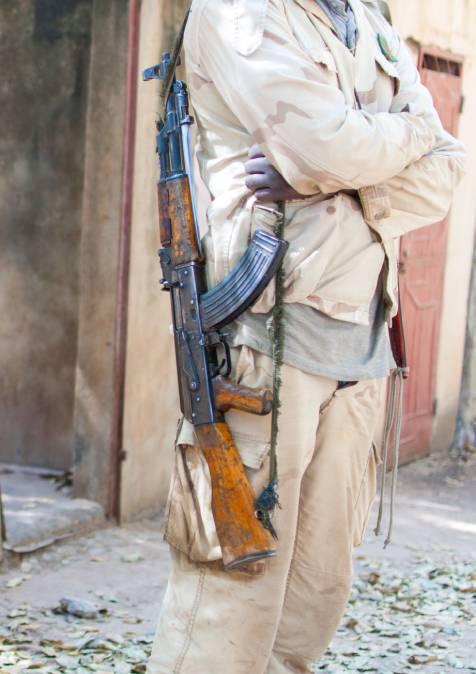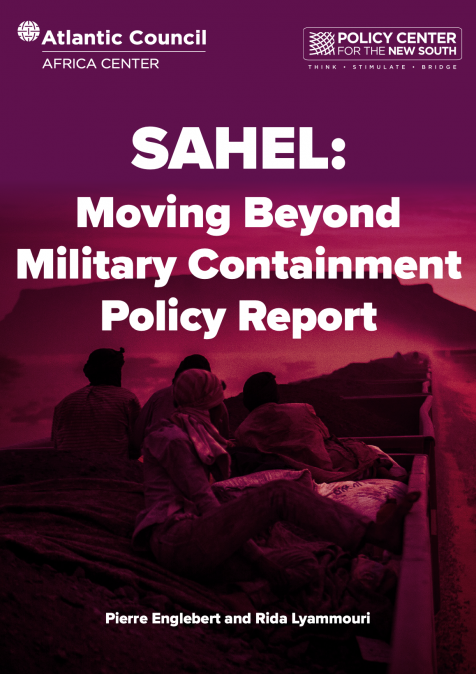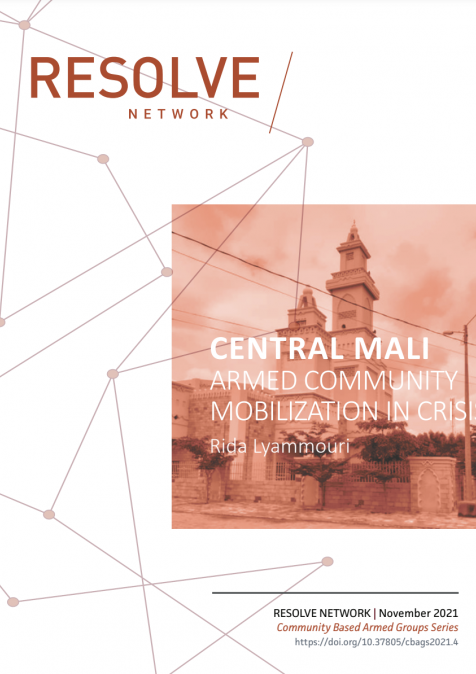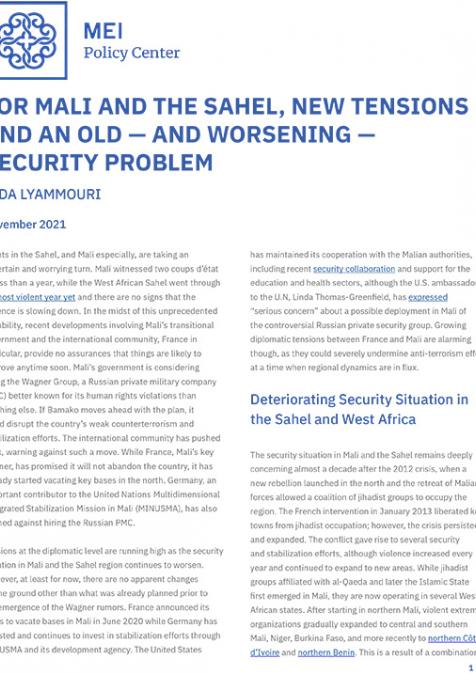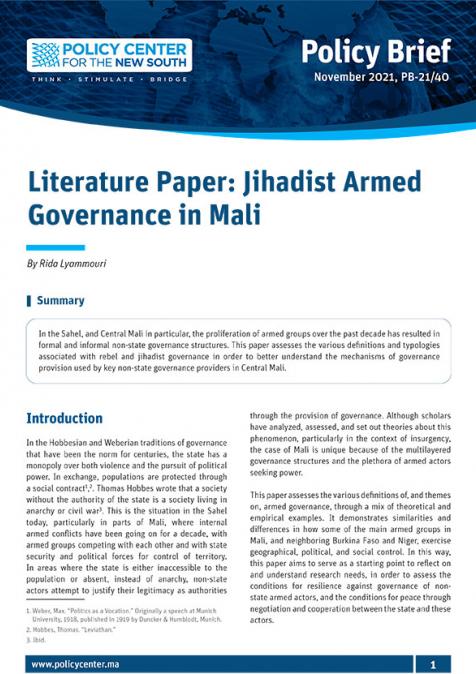Podcasts
Facilitation et négociation en temps de guerre
12
July
2024
Related topics:
La facilitation et la négociation en temps de guerre sont des outils cruciaux pour instaurer la paix et la stabilité dans les régions en conflit. Ces processus permettent aux parties belligérantes de dialoguer, de trouver des compromis et de parvenir à des accords qui mettent fin aux hostilités. Comprendre les défis et les stratégies efficaces dans ces contextes est essentiel pour les médiateurs et les négociateurs. Les leçons apprises à partir des diverses missions de médiation en Afrique et ailleurs offrent des insights précieux pour améliorer les pratiques et renforcer les capacités de résolution des conflits à l'échelle mondiale.

